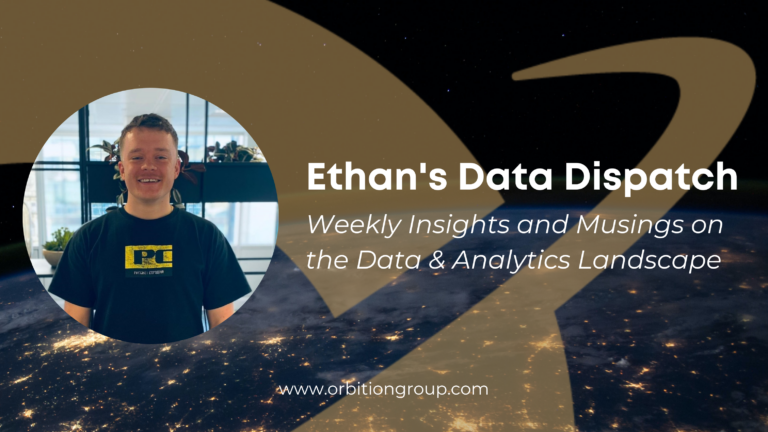
This question has become more open-ended than ever – it’s far from black and white. There are dozens of factors that influence the direction and scaling of the data function. The size of an organisation, the industry, data maturity, business goals and more all play a role in determining which approach would make sense.
In a general sense, what are the advantages of a data function being centralised?
Having everything together makes it much easier to oversee and control.
- All data folk united on strategy and goals.
- Experts all in one place really help to focus efforts and promote specialisation.
- Easy way to standardise processes, keep things consistent across the business and keep control of the data.
- Security and compliance with regulations are much easier to control when under the same roof.
- Cost can be kept down with resources allocated in one place.
A good example of why organisations will decide to move to decentralised models is when there are multiple requests from the business requiring data, but only one issue gets the required attention at any given time. This has a big impact on efficiency.
Well, what would be the advantage of moving over to a decentralized data function?
The ability to operate flexibly and solve specific data needs directly reduces the bottleneck.
- Ownership by each department gives a sense of accountability and responsibility.
- Quick decision-making with smaller chains of communication gets things done quickly.
- The ability to customise the data setup by choosing specific tools and processes to create the best solution.
- Creating experts that are specialized in creating solutions specifically for a certain domain.
Traditionally, data teams were centralised, like any other function in the business was. Once it’s understood that the data set-up required by marketing is vastly different to what finance is looking for, decentralising data sounds like a brilliant idea. It’s not uncommon for organisations to revert back to a centralised model after consequences come to light that wasn’t expected, only to give decentralised another go in a few years. This flip-flopping has led to some interesting hybrid situations.
I read an interesting comment by Gokhan Ciflikli, Director of Data & AI at Superside, a leading CaaS company, this morning about his approach.
“I have had a lot of success with a hybrid/federated [configuration] where there is a data CoE but data professionals work partially embedded in business functions or cross-functional product squads”
It’s clear that data leaders have had to revolutionise their approach and work with a hybrid of the two scenarios to suit their needs. Preference differs between organisations and there is no perfect blueprint to copy, and instead, data leaders are left to devise a layout that is optimal for the goals at hand. For instance, a Data Center of Excellence is being adopted by a lot of organisations that want to take advantage of decentralised teams whilst being able to have a hub that can look after aspects of data that can get lost when spread across the business, like governance and innovation. We’re seeing the Centre of Excellence grow in popularity and appear in job titles, too.
Data mesh is another concept becoming popularised that focuses on agile environments and has helped give rise to data as a product; but, that’s a blog for another time…
If you’re debating on whether to pull the trigger and adopt a more decentralized method for your data teams, recently embarked on building a centre of excellence or just want to know about the success stories and pitfalls that we’ve experienced helping businesses in this area – get in touch at @es@orbitiongorup.com

Ethan Simpkin
Ethan is a highly skilled consultant with us here at Orbition, specializing in data and analytics.
With a passion for technology and a natural talent for identifying top talent, he has become a valuable asset to both clients and candidates in the industry.Read more.
Signup to Our Newsletter
"*" indicates required fields


